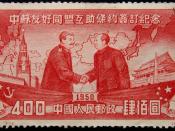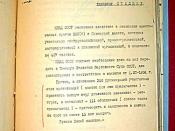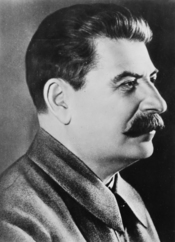"Either we do it or we shall be crushed," said a man in 1927, hoping to convince the Communist Party of the Soviet Union to grant him the Soviet ticket to power. Joseph Vissarionovish Dzhugashvili, better known as Joseph Stalin, was born in 1878 and rose to power in 1922. Being granted the position of General Secretary of the Communist Party, Stalin implemented new economic policies that brought 1, rapid industrialization, 2, equality of the classes, and 3, social services for all.
Stalin introduced a series of economic plans for the people. His most famous, and perhaps most effective, being the Five Year Plan. Stalin forced everyone to merge their farms and skills to join a farm owned by the state. Here, each worker contributed equally and received equal benefits. This was known as collectivization. The kulaks, or middle class, avoided the state's attempt to break up their large farms.
Although many peasants could achieve happy lives, the Five Year Plans failed, as many kulaks still resisted the state's control.
Stalin, recognizing that the division of classes was preventing the Soviets from becoming a superpower, attempted to eliminate all classes. Stalin deported and imprisoned many kulaks on the charge of treason. Prisoners were doomed to a labor camp where they were forced to work for the state for no pay. This attempted equality, however, allowed more peasants to work and achieve a happy life.
With the emergence of industry, Stalin also recognized that people needed to be educated in various fields. He created many state schools and universities that were affordable to nearly all people. This allowed the specialization of labor, which aided the Industrial Revolution. The added research in medicine and healthcare brought about public hospitals and clinics. Under Stalin, the first generation free from typhoid, cholera,


